- Posts
- 362
- Comments
- 406
- Joined
- 12 mo. ago
- Posts
- 362
- Comments
- 406
- Joined
- 12 mo. ago
Peertube @lemmy.world Youth and social media I Standard Time talk show S2E11
Peertube @lemmy.world Distros Used for Gaming on Linux, Evolution over Time - November 2023 Edition - Goodbye Manjaro!
DACH - Deutschsprachige Community für Deutschland, Österreich, Schweiz @feddit.org Weg von X: Warum Hochschulen beim Umstieg auf Mastodon zögern
- JumpDeleted
Permanently Deleted
Rust @programming.dev Async Isn't Real & Cannot Hurt You
Peertube @lemmy.world Async Isn't Real & Cannot Hurt You
Fediverse @lemmy.world The Fediverse is what social media should be
Peertube @lemmy.world The Fediverse is what social media should be
Peertube @lemmy.world Endless possumbilities 2025-04
Linux Gaming @lemmy.world Linux Distros for Gaming: CachyOS is Taking over (ProtonDB data)
Peertube @lemmy.world Linux Distros for Gaming: CachyOS is Taking over (ProtonDB data)
Peertube @lemmy.world HYENAZ - Perimeter
Peertube @lemmy.world AxWax @ Radio Free Fedi Fest 2025
Fediverse @lemmy.world TIL about Fedi-Search, an open sourced frontend to easily search the Fediverse with a lot of mainstream engines
Peertube @lemmy.world Fireside Fedi Episode 32 - Ben Pryor - Fedi-Search, Musician, Developer, Student
Peertube @lemmy.world I'm Better than @RowdyJoe at Taxi Driving | Dani's Race Gameplay
Fuck AI @lemmy.world Green Digital Literacy @ PublicSpaces Conference 2025
Peertube @lemmy.world Green Digital Literacy @ PublicSpaces Conference 2025
Peertube @lemmy.world ProtonPlus: A Essential Tool For Linux Gamers
Peertube @lemmy.world Are these 4 new games worth your time?
Peertube @lemmy.world Tube.kockatoo.org seems to be temporarily down


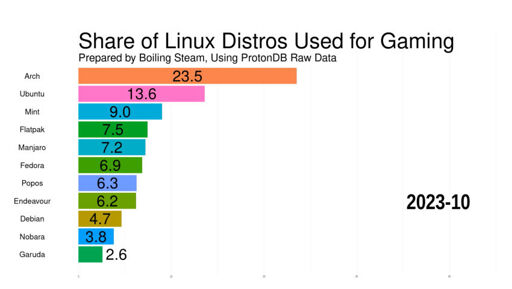


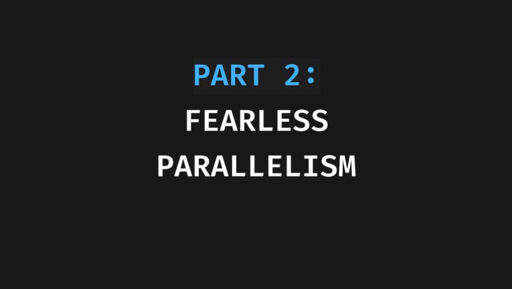



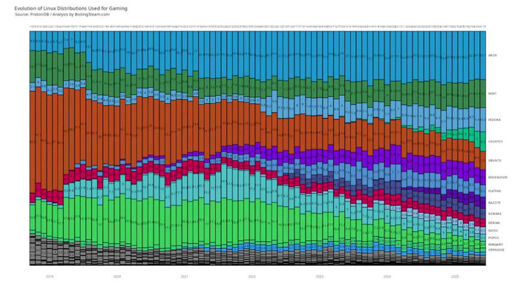
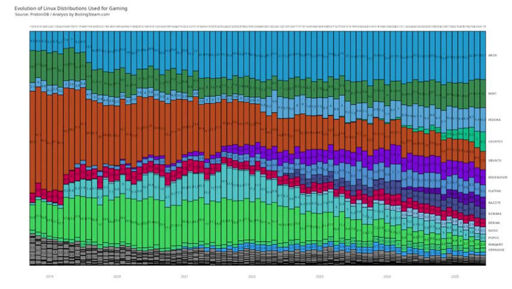


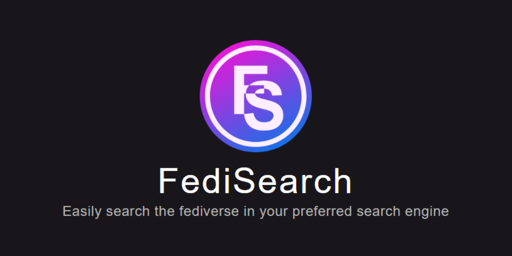







It's obviously a screenshot from an original Game Boy!